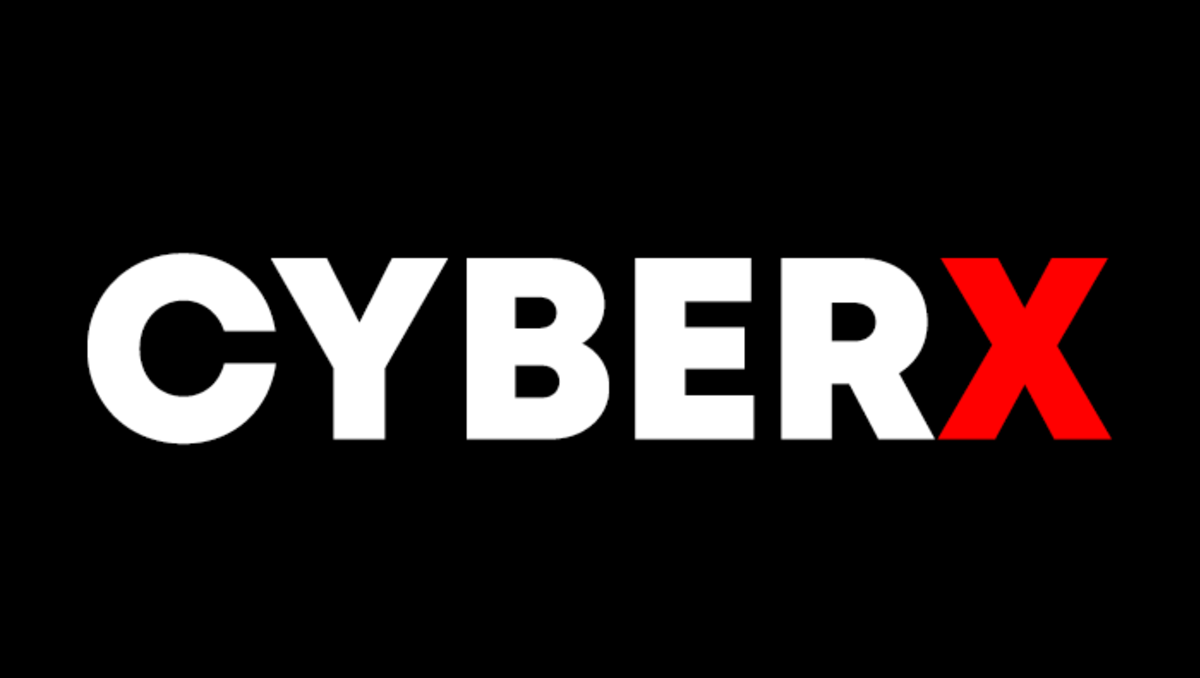Η Microsoft ανακοίνωσε σήμερα ότι αγοράζει την CyberX, μια πλατφόρμα για την προστασία των βιομηχανικών συστημάτων ελέγχου. Οι όροι της συμφωνίας δεν έχουν αποκαλυφθεί ακόμα, αλλά η TechCrunch υποστηρίζει ότι το ποσό φτάνει τα 165 millions dollars.
The acquisition strengthens Microsoft's strategic position in the standalone systems market, which it introduced in 2018 with the acquisition of Bonsai (now Project Bonsai). The Project Bonsai team applies AI technology to industrial control systems, and CyberX technology promises to protect these control systems from cyber-attacks.
“Η CyberX θα συμπληρώσει τις υπάρχουσες δυνατότητες ασφάλειας του Azure IoT αλλά και σε υπάρχουσες Appliances, such as those used in industrial IoT applications, business technology and infrastructure”, said Michal Braverman-Blumenstyk, CVP of Microsoft Cloud and AI, and Sam George, head of Azure IoT.
"With CyberX, our customers will be able to discover existing IoT components, manage and improve the security of these devices."
CyberX was founded in 2012 by Omer Schneider and Nir Giller (two veterans of the elite cyber unit of the Israel Defense Forces), and aims to stop any attack on platforms that monitor any control systems.
CyberX claims it can provide information on each incident in less than an hour, on average. Before the acquisition, its customers were two of the top five energy providers USA, μια κορυφαία παγκόσμια φαρμακευτική εταιρεία, μια κορυφαία αμερικανική εταιρεία χημικών, εθνικές επιχειρήσεις ηλεκτρικής ενέργειας και φυσικού αερίου σε όλη την Ευρώπη και την Ασία.





